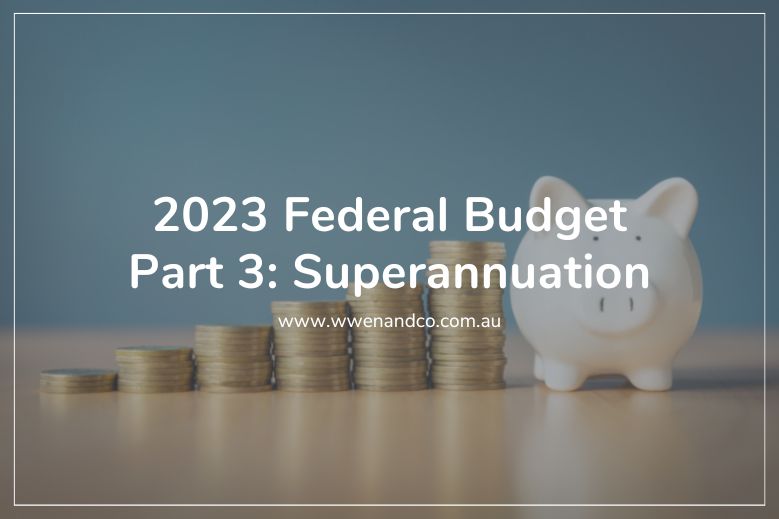
The 2022/23 Budget was handed down on Tuesday, 25 October 2022, by the government.
The Budget estimates an underlying cash deficit of $36.9 billion for 2022-23 (and $44bn for 2023-24). While the economy is expected to grow by 3.25% in 2022-23, it is predicted to slow to 1.5% for 2023-24, a full percentage point lower than forecast in March 2022. Inflation is expected to peak at 7.75% later in 2022, but is projected to moderate to 3.5% through 2023-24, and return to the Reserve Bank’s target range in 2024-25.
While the headline for most people will be multinational tax changes, the real money is coming from you and me – individuals and small business in Australia through extra ATO enforcement.
They’re expecting to raise 2.1 billion over the next four years through giving extra funding to the ATO to support their shadow economy activities, and when you look at shadow economy activities that’s within the small business segment.
Superannuation
The headline measures for superannuation included:
- SMSF residency changes deferred; 3-year cycle for SMSF audits abandoned;
- SMSF residency changes delayed
The Government confirmed that the changes to the SMSF residency rules, previously announced in the 2021-22 Budget to commence from 1 July 2022, will now start from the income year commencing on or after the date of assent of the enabling legislation (yet to be introduced).
These measures propose to relax the SMSF residency rules by extending the central management and control test safe harbour from 2 to 5 years (ss 295-95(2)(b) and 295-95(4) of the ITAA 1997), and removing the active member test for both SMSFs and small APRA funds (ss 295-95(2)(c) and 295-95(3). Until this 2021-22 Budget measure is enacted, SMSF trustees need to ensure that they satisfy the current requirements.
Even if the CM&C safe harbour is extended to 5 years from the date of assent, an SMSF trustee still needs to establish (before they leave) that their planned absence from Australia will be “temporary”. - 3-year cycle for SMSF audits will not proceed
The Government will not proceed with the former government’s proposal to change the annual audit requirement for certain self-managed superannuation funds (SMSFs) to allow a 3-yearly cycle for funds with a history of good record-keeping and compliance.
- SMSF residency changes delayed
- Super downsizer contributions eligibility age reduction to 55 confirmed
The Government confirmed its election commitment that the minimum eligibility age for making superannuation downsizer contributions will be lowered to age 55 (from age 60).
This measure will have effect from the start of the first quarter after assent to the enabling legislation
The proposed reduction in the eligibility age will allow individuals aged 55 or over to make an additional non-concessional contribution of up to $300,000 from the proceeds of selling their main residence outside of the existing contribution caps.
Either the individual or their spouse must have owned the home for 10 years.
Under the current rules, the maximum downsizer contribution is $300,000 per contributor (ie $600,000 for a couple), although the entire contribution must come from the capital proceeds of the sale price. A downsizer contribution must also be made within 90 days after the home changes ownership (generally the date of settlement).
- Assets test exemption for 2 years; deeming rates frozen
The Government also confirmed its election commitments that seek to assist pensioners looking to downsize their homes, by:- extending the social security assets test exemption for principal home sale proceeds from 12 months to 24 months;
- changing the income test to apply only the lower deeming rate (0.25%) to principal home sale proceeds when calculating deemed income for 24 months after the sale of the principal home.
These measures are contained in the Social Services and Other Legislation Amendment (Incentivising Pensioners to Downsize) Bill 2022 (introduced in the House of Reps on 7 September 2022). The Bill will commence on 1 January 2023 (or 1month after the day the Bill receives the assent).
Further Information
The full Budget Papers can be found at www.budget.gov.au
If you have any questions about what was contained in the Budget and how it may impact you or your business moving forward, contact your advisor. please contact our tax consultants from W Wen & Co on (02) 9871 3429 or (02) 8090 2449.
The information in this article is sourced from Federal budget provided by CAANZ & Thomson Reuters.

